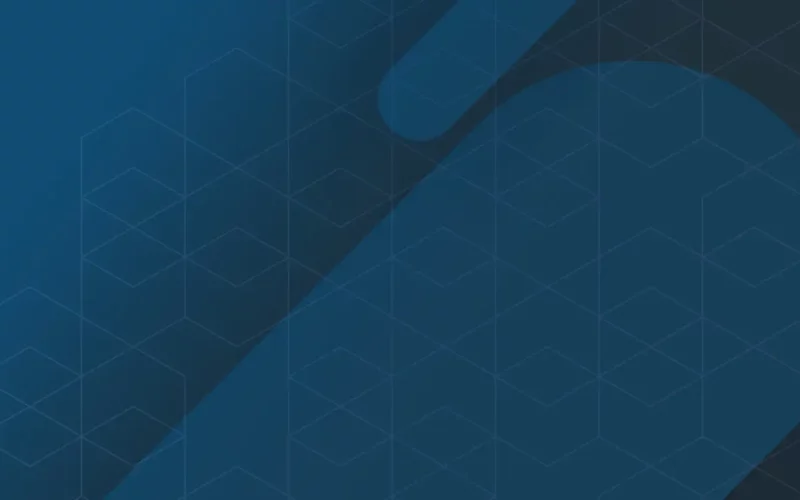Introduction
In the pharmaceutical world, the journey of a medicine doesn’t end with regulatory approval; it simply shifts gears. Once a product hits the market, the crucial, continuous phase of Pharmacovigilance (PV) begins. At the heart of this global safety system sits one critical role: the Qualified Person for Pharmacovigilance (QPPV Services).
The QPPV is not just a point of contact; they are the ultimate guardian of patient safety and the single individual personally accountable for the entire PV system of a medicinal product within a specific region (such as the European Economic Area, the UK, or similar roles globally like the LPPV—Local Person for Pharmacovigilance). For any pharmaceutical company operating internationally, establishing a flawless QPPV framework is not merely a compliance check—it is the difference between seamless market access and catastrophic regulatory failure.
Navigating the Labyrinth of Global PV Requirements
For multinational Marketing Authorisation Holders (MAHs), compliance with PV regulations presents a monumental logistical challenge. While the core mission of PV—the detection, assessment, understanding, and prevention of adverse effects—is universal, the regulatory execution is intensely local.
Key obstacles companies face include:
1. Residency and Availability
Many major markets mandate that the QPPV (or an equivalent local contact) be a resident of that specific territory (e.g., the local safety responsible in Latvia or the UAE QPPV). Furthermore, the appointed person must be permanently and continuously available 24/7 to regulatory authorities for safety inquiries. Staffing internal personnel with the correct medical and scientific qualifications, who also possess the requisite local residency across dozens of global markets, is practically impossible. https://worldwidedigest.com/
2. The Scope of Accountability
The QPPV’s responsibility spans the entire safety data lifecycle. Their duties are multifaceted and require expertise that goes far beyond simple reporting.
The QPPV’s Core Duties Include:
- Pharmacovigilance System Master File (PSMF) Ownership: The QPPV is responsible for maintaining and ensuring the accuracy of the PSMF, the detailed description of the company’s PV system. This document must always be audit-ready and accurately reflect current operations.
- Regulatory Liaison: Acting as the single point of contact for health authorities (like the EMA, MHRA, or local agencies), ensuring all safety-related communication is timely and accurate.
- Aggregate Report Sign-Off: Reviewing and signing off on critical documents like Periodic Safety Update Reports (PSURs) and Risk Management Plans (RMPs), thereby certifying the integrity of the product’s benefit-risk evaluation.
- System Oversight: Establishing, managing, and maintaining a robust quality management system, including Standard Operating Procedures (SOPs) and routine audits.
- Signal Management: Overseeing continuous signal detection activities to proactively identify and evaluate new or changing risks associated with the product.
This level of responsibility demands a blend of deep regulatory knowledge, medical expertise, and operational oversight—skills that are rare and expensive to hire in-house, let alone replicate across a global footprint.
DDReg’s QPPV Solution: Compliance Without Complexity
This is where expert outsourcing partners like DDReg Pharma become indispensable. DDReg offers comprehensive QPPV Services designed to eliminate global compliance friction, allowing MAHs to focus on product development and commercialization. By leveraging a global network of seasoned PV experts, DDReg provides flexible and scalable support:
1. Global and Local Coverage
DDReg offers both the central EEA QPPV function and the necessary Local Persons for Pharmacovigilance (LPPV) or equivalent roles in key markets worldwide. This means a company can seamlessly cover stringent residency requirements in regions like Saudi Arabia, Germany, or the UK without needing to establish full-time local PV offices. This global network ensures 24/7 coverage and immediate response capability, regardless of time zone.
2. End-to-End PV System Support
The QPPV role is only as strong as the PV system it oversees. DDReg’s service package encompasses the entire framework necessary for compliance:
- PV System Setup: Developing and registering the PV system from the ground up.
- Audit and Inspection Readiness: Providing gap assessments, mock audits, and expert support during regulatory inspections to ensure the system withstands scrutiny.
- Deputy QPPV Retainer: Offering fully qualified deputy services to guarantee operational continuity and cover all potential absences of the primary QPPV.
- Master File Management: Drafting, reviewing, and continuously updating the PSMF to maintain accuracy and compliance.
3. Strategic Risk Mitigation
Beyond meeting the minimum regulatory requirements, DDReg’s QPPV services prioritize strategic risk mitigation. This includes expertise in signal management, where advanced methodologies are used to detect potential adverse event signals early, facilitating prompt regulatory action and patient communication.
Conclusion: Securing Patient Trust and Market Integrity
The Qualified Person for Pharmacovigilance Services remains the linchpin of post-market drug safety. Their role is non-negotiable, and the cost of non-compliance—ranging from market withdrawal to severe financial penalties—is too high to risk.
For global pharmaceutical companies, outsourcing the QPPV and LPPV function is not a delegation of responsibility; it is a strategic partnership to fortify the core commitment to patient safety. By engaging a partner like DDReg Pharma, companies gain immediate access to medically qualified, regulatory-savvy professionals who provide the necessary oversight, compliance, and 24/7 availability needed to safeguard a product’s safety profile and maintain integrity across every market.












